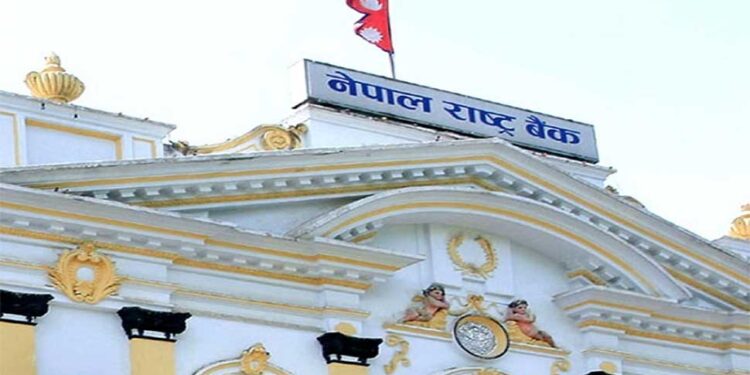Nepal Rastra Bank (NRB) has grown increasingly skeptical of the financial statements submitted by commercial banks, expressing concerns over potential manipulation of data related to their financial health.
The central bank has formally expressed dissatisfaction with the financial reports for fiscal year (FY) 2024/25 submitted by commercial banks. So far, NRB has granted approval to only eight banks to conduct their annual general meetings (AGMs).
Banks and financial institutions (BFIs) are required to complete their AGMs for the previous fiscal year by mid-January, the end of the second quarter. To date, 16 of the 20 commercial banks have sought NRB’s final approval. “Of the eight banks approved, three have already conducted their AGMs,” an NRB official confirmed.
NRB’s review found that several banks failed to allocate the mandatory provisioning amounts. According to officials, the central bank has adopted a zero-tolerance policy regarding provisioning compliance.
Under NRB regulations, BFIs must maintain loan-loss provisions ranging from 1 to 100 percent of outstanding loans. The longer a borrower delays repayment, the higher the required provisioning. Once borrowers repay their loans, banks can write back the provisioned amount and consider it for dividend distribution.
As of the first quarter of the current fiscal year, the average non-performing loan (NPL) ratio of the 20 commercial banks has climbed to 4.86 percent, up from 4.04 percent a year earlier. Banks reported setting aside an additional Rs 11 billion in loan-loss provisioning during the review period to meet regulatory standards.
Non-banking assets also surged, increasing by Rs 15 billion last fiscal year to reach Rs 50.55 billion. Despite these figures, NRB remains unconvinced by several banks’ financial disclosures.
Although unaudited reports show that 16 banks appear financially fit to distribute dividends, NRB’s ongoing scrutiny is expected to disqualify several of them.











